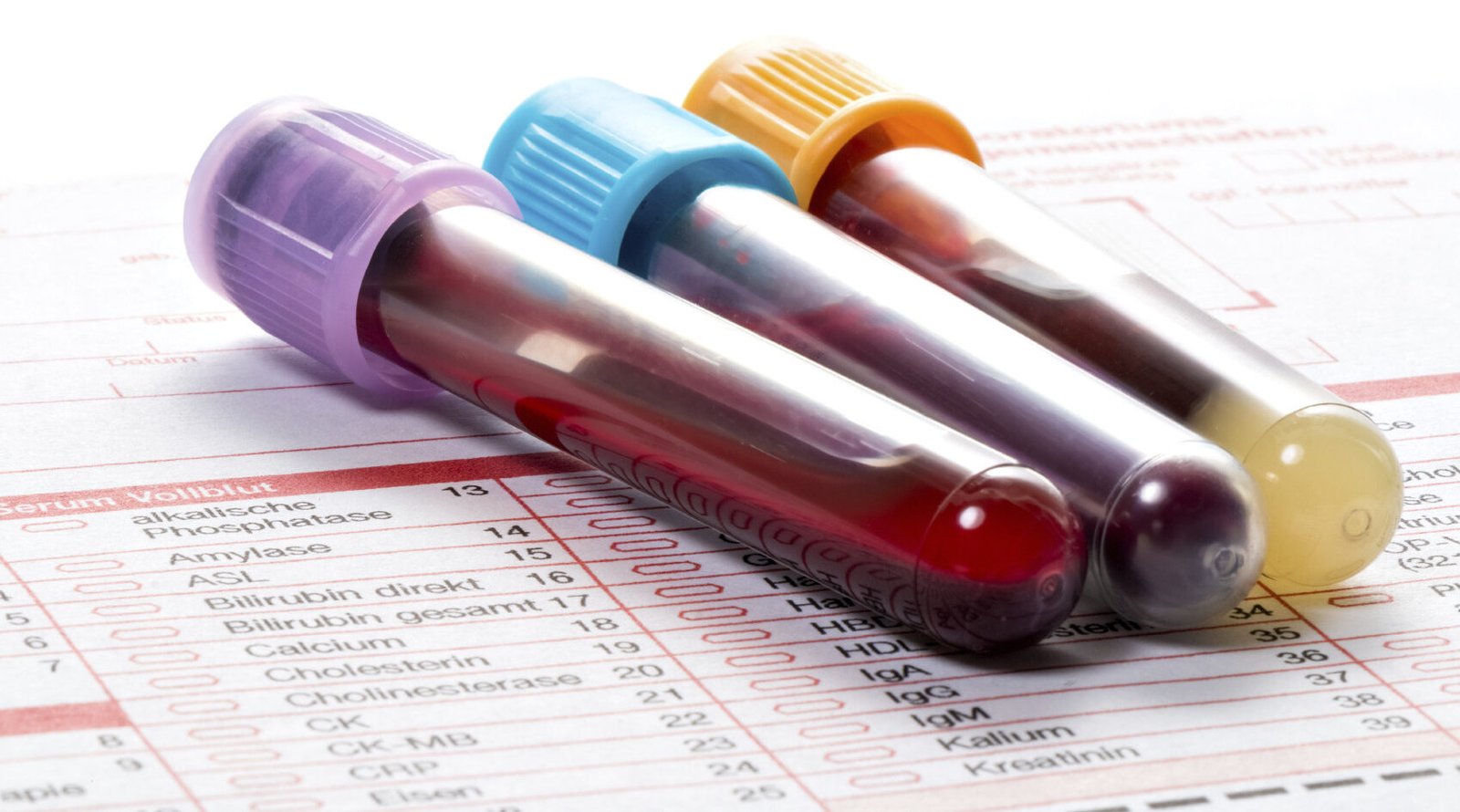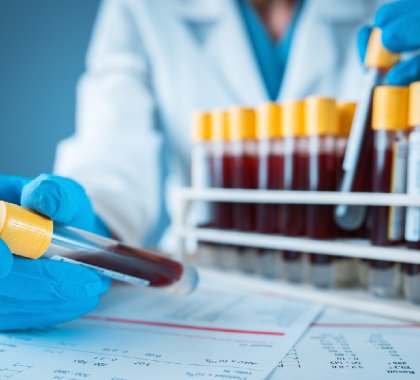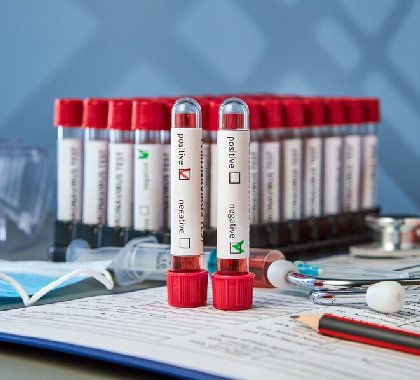Blood tests involve analyzing a sample of blood to gain insights into a person’s health and well-being. This diagnostic tool provides crucial information about various aspects of the body, including blood cell counts, cholesterol levels, blood sugar levels, organ function, hormone levels, and the presence of infections or diseases. By examining these parameters, healthcare professionals can assess overall health, detect medical conditions early, monitor ongoing treatments, and identify potential health risks.
Blood tests are typically conducted by collecting a small sample of blood from a vein in the arm or through a finger prick. The sample is then sent to a laboratory for analysis. Results from blood tests help guide medical decisions, personalize treatment plans, and empower individuals to take proactive steps towards maintaining their health. Overall, blood tests play a fundamental role in preventive care, disease management, and promoting overall well-being.




